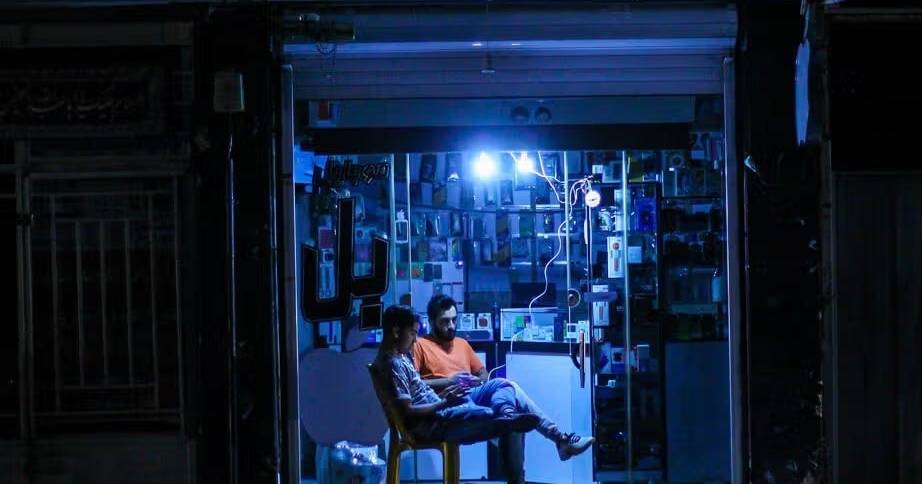
Similar Posts

Iran Prioritizes Military Pay Amid Looming War, Leaving Citizens to Struggle
Ordinary Iranians are enduring severe economic hardships due to escalating tensions with the U.S. and Israel, compounded by the Iranian government’s prioritization of military spending over public welfare. Economic indicators reveal a dramatic decline: the currency has lost half its value, unemployment exceeds 70%, and inflation has surpassed 40%, with food prices soaring by 100%. Experts criticize President Pezeshkian for failing to address the crisis, particularly through military budget adjustments. Additionally, Iran faces challenges from U.S. sanctions on its vital oil industry, which threaten to worsen economic conditions and provoke public unrest similar to past protests.
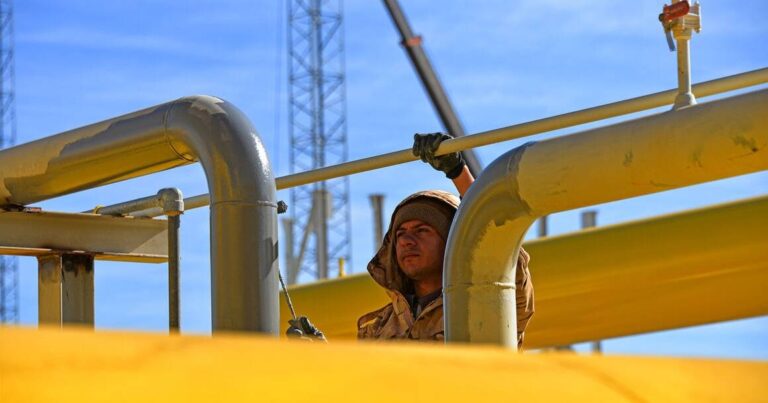
Iran-Russia Gas Deal: A Bold Move or an Exercise in Futility?
A new gas agreement between Russia and Iran aims to export 55 billion cubic meters (bcm) of Russian gas annually to Iran via Azerbaijan, but faces significant logistical and financial hurdles. Iran’s Oil Minister announced that a land route through Azerbaijan would be used, but the existing pipeline capacity is only around 6 million cubic meters per day, insufficient to meet Iran’s winter gas deficit of up to 300 mcm/d. Additionally, Gazprom’s financial struggles hinder the development of necessary infrastructure. Iran’s future as a regional gas hub relies on successful sales to neighboring countries, despite their own gas production capabilities.
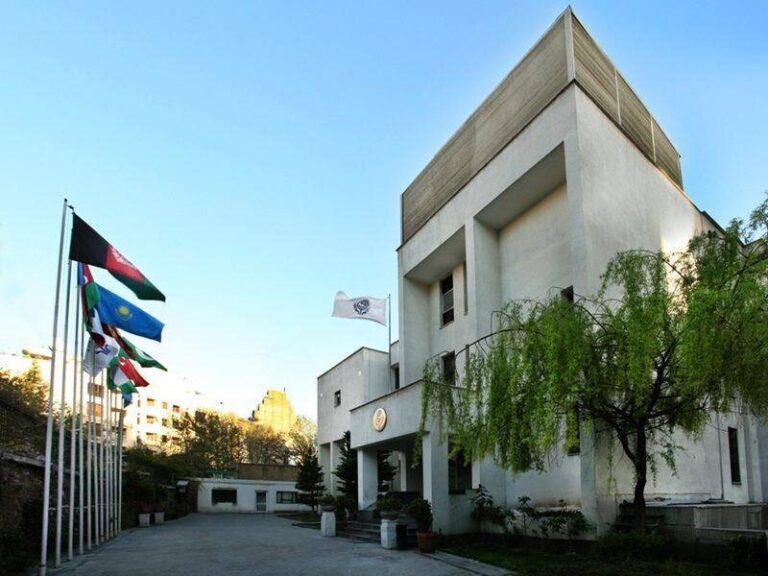
Tehran Welcomes ECO Member States for Key RPC Meeting: A Hub of Regional Cooperation
Tehran will host the 35th Regional Planning Council (RPC) of the Economic Cooperation Organization (ECO) on February 23, 2023. This meeting aims to enhance economic collaboration among member states by addressing regional development issues. Key objectives include strengthening ties, boosting economic growth, fostering technical cooperation, and promoting cultural exchange. The ECO focuses on regional economic integration and resource sharing to tackle common challenges like poverty and unemployment. Expected outcomes include policy recommendations, joint projects, and new investment opportunities. This council represents a significant step towards a more integrated and prosperous region, fostering collaboration among leaders and experts.
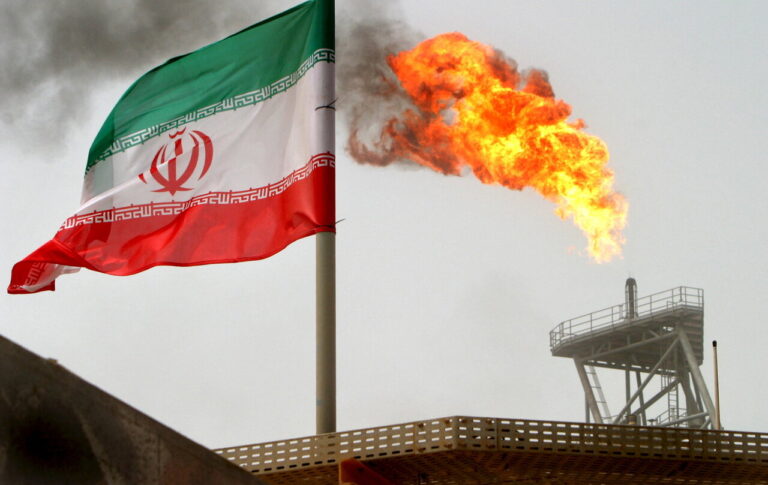
Iran’s Bold Response to New US Sanctions Targeting Oil Minister
Recent US sanctions on Iranian oil trade have intensified tensions, prompting a strong reaction from Iran’s Foreign Ministry. Spokesperson Esmaeil Baghaei condemned the sanctions, which target individuals and entities linked to Iranian oil in China, as evidence of US hostility towards Iran’s development. He criticized the US reliance on sanctions, labeling them as violations of international law. Despite these pressures, Iran asserts its commitment to independence and continues to sell oil through various means. The sanctions, part of Trump’s maximum pressure strategy, complicate ongoing negotiations regarding Iran’s nuclear program and highlight the intricate dynamics of international trade laws.
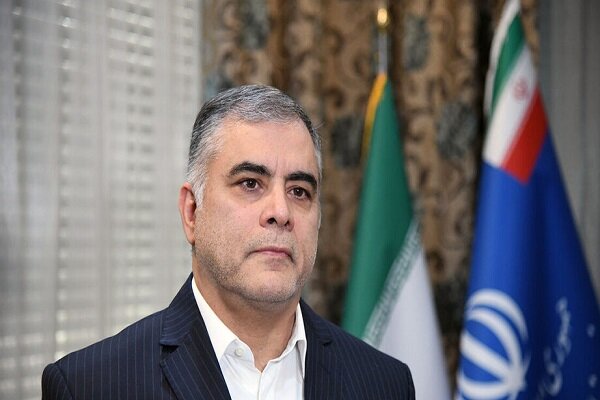
Iran’s Oil Minister Visits Iraq to Fuel Energy Talks and Strengthen Bilateral Relations
Iranian Oil Minister Javad Paknejad is in Baghdad for a two-day visit focused on strengthening energy cooperation between Iran and Iraq. He paid respects at a memorial site, emphasizing the cultural ties between the nations. Paknejad plans to engage in discussions with Iraqi officials, including the Prime Minister and Ministers of Oil and Electricity, with the aim of signing cooperation agreements related to gas supply and expanding collaboration in oil, gas, petrochemicals, and electricity. This visit reflects Iran’s commitment to enhancing regional energy ties, which are crucial for both countries’ economic stability and security.
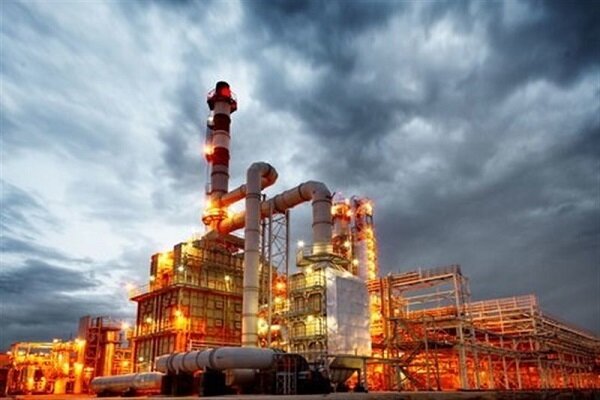
Iran’s Petrochemical Exports Surge to $10 Billion in Just 9 Months, Reports NPC Chief
Iran’s petrochemical exports are projected to reach $13 billion by March 20, 2025, according to Hassan Abbaszadeh, CEO of the National Petrochemical Company (NPC). In the first nine months of this year, exports totaled $10 billion, underscoring the sector’s economic significance. Iranian petrochemical plants also supplied $10 billion worth of products domestically, aiding local industries like polymer production and garment manufacturing. Following US sanctions in 2018, petrochemicals became crucial for hard currency revenue. Iran aims to boost production capacity to 131.5 million metric tons by 2028, investing $12 billion in new projects and infrastructure to support growth and sustainability.